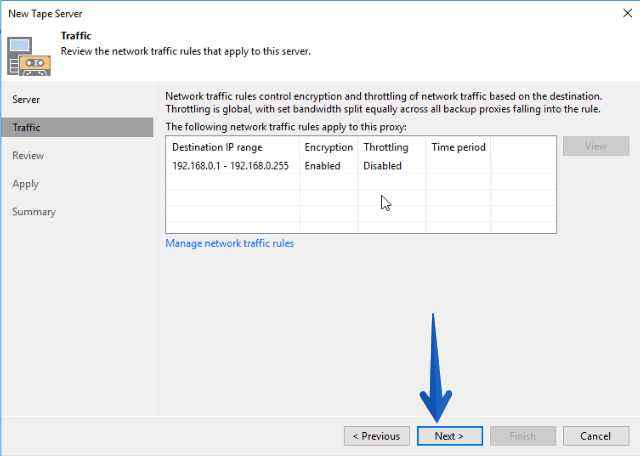


Storage concepts of a virtual tape library Essentially, the backup process in place pre-VTL implementation will still be available after migrating to a VTL setup. Traditional backup options, such as Full, Differential, Incremental, and Snapshot schemas still function in the same way in a VTL.
FREE VTL FOR WINDOWS SOFTWARE
The backup software is able to do this (by means of hardware and software) by recognising the RAID array as a tape drive. In a nutshell, VTL utilizes hardware and software solutions for redirecting the backup data that would have been sent to the tape library to a large RAID array. The architecture of the backup system can still stream data to a physical tape for offsite storage. Additionally, VTL doesn't mean the end of the investment that has been made into physical tape machines or libraries. VTL technology boasts a high percentage of return on investment, offers ease of installation within an existing archival environment, and affords faster data restores. In line with these virtualization concepts, presenting storage components like hard disk drives as tape hardware is known as a virtual tape library, or VTL. Virtualization doesn't stop with operating systems you can also have virtualized applications and SAN storage pools. The benefits of hardware cost savings alone justify you or your client's attention to this exciting technology. For example, an enterprise could invest into a computer system with high processing power and maximum memory, then by using virtualization, an administrator could have three or four operating systems running on that equipment (depending on the processing power of the equipment and the operating system requirements). Virtualization allows multiple systems to share one physical computer. The virtual system and the host system share the same hardware. Virtualization is a method of running other software or hardware applications under a host system. But what is “computer virtualization” and how can you or your clients benefit from it? Let’s take a step back and first review what virtualization is and how it works. Some people have even hailed virtualization as the next frontier of computing. Virtualization continues to grow in popularity as it offers different ways of backing up our data, in addition to being able to ensure that business-critical systems remain online in the event of an emergency.


 0 kommentar(er)
0 kommentar(er)
